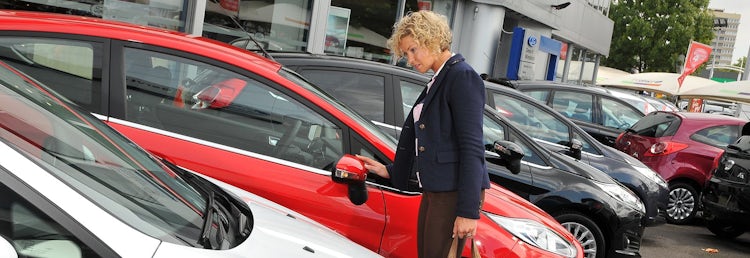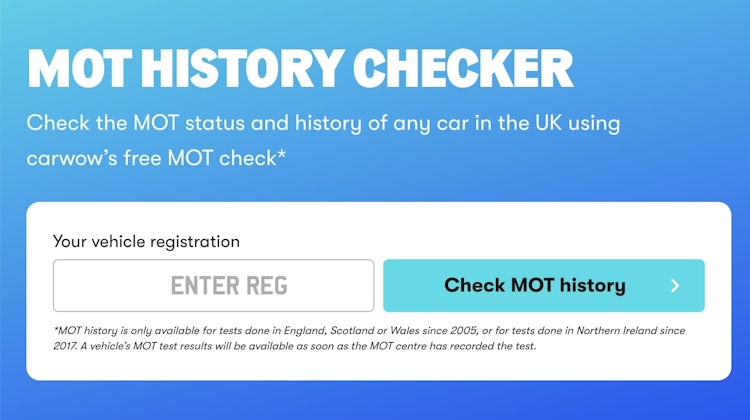Used Renault Captur cars for sale
Find the right second hand Renault Captur for you through our network of trusted dealers across the UK
Looking to buy a used Renault Captur? Get a full car history check
How buying a used car through Carwow works
Find a car
Use Carwow to browse and compare used vehicles, advertised by a network of trusted dealers. You can search by make and model, or apply filters to find the perfect car for you.
Contact the dealer
Once you’ve found a car you’d like to buy, you can contact the dealer to arrange the next steps, whether that’s asking a question or taking it for a test drive.
Buy the car
When you’re happy to buy, you can do so at a fixed price, safe in the knowledge all models sold through carwow are mechanically checked and come with a warranty.
Sell your car for what it's really worth
The free, easy way to get 5,500+ dealers all over the UK bidding on your car
Used Renault Captur pros and cons
Is a used Renault Captur a good car?
The roads are full of small SUVs right now, so if you want to stand out from the pack, just a little, it helps to have some French style on your side. For a little bit of joie de vivre in your crossover, why not try a Renault Captur? Launched in 2019, this second-generation model gets the same handsome styling as the smaller Clio, and a smart-looking cabin too.
It’s also a very practical car for families — there’s lots of space in the back seats — and the boot can be expanded, by sliding those same back seats forward — to a massive 536 litres.
Ah, there’s a catch though — if you’re buying a hybrid or plug-in hybrid version of the Captur, you will have to put up with a smaller boot, as the battery goes under the boot floor. The basic 90hp version of the 1.0-litre turbo three-cylinder petrol engine does the job fine, but it does feel a touch gutless on the motorway. The 1.3 turbo is a better option for long journeys, but the ‘self-charging’ 1.6 hybrid is probably the best all-rounder. It’s a little noisy at times, but it’s super-frugal if you drive it right, and easier to use than the heavy and complicated plug-in hybrid, but that’s a good choice if you do lots of in-town driving and can charge up at home overnight, thanks to a 28-mile electric range.
The cabin looks stylish, especially with the bigger of the two touchscreen options, but the software that runs on those screens is quite fiddly and annoying to use — the likes of VW and Ford do this stuff better, while the Captur’s interior quality isn’t as good as it looks at first.
To drive, the Captur is fine, but nothing more and it won’t appeal to an enthusiastic driver. The ride quality gets quite lumpy and overly firm at low speeds, which is really annoying when you think cars like the Captur will spend most of their lives in-town.
What to look for when buying a second hand Renault Captur
While Renault generally does better than you might expect in reliability surveys — it’s usually around mid-table in most of them — the Captur doesn’t seem to be one of its better efforts, slipping behind the likes of the Ford Puma and Skoda Kamiq in reliability terms.
Early hybrid models seemed to have an issue dealing with steep hills, often slowing down excessively on them, but a software update should have cured that. If you notice significant power-loss when driving a hybrid, the issue is likely that the battery isn’t charging properly.
Worn suspension, especially the dampers, will produce an odd ‘bouncing’ effect over bumps while the petrol models can eat through their catalytic convertors very quickly — something that’s been an issue across many Renault models for some time.
The EDC dual-clutch automatic gearbox can also be problematic, failing to select either Drive or Reverse at times. This is usually an electrical issue, rather than a mechanical one.
Renault Captur FAQs
Used car buying guides
Renault Captur transmissions
Renault Captur colours
Renault Captur cars for sale by county
Renault Captur cars for sale by city
* In line with the Consumer Rights Act 2015










